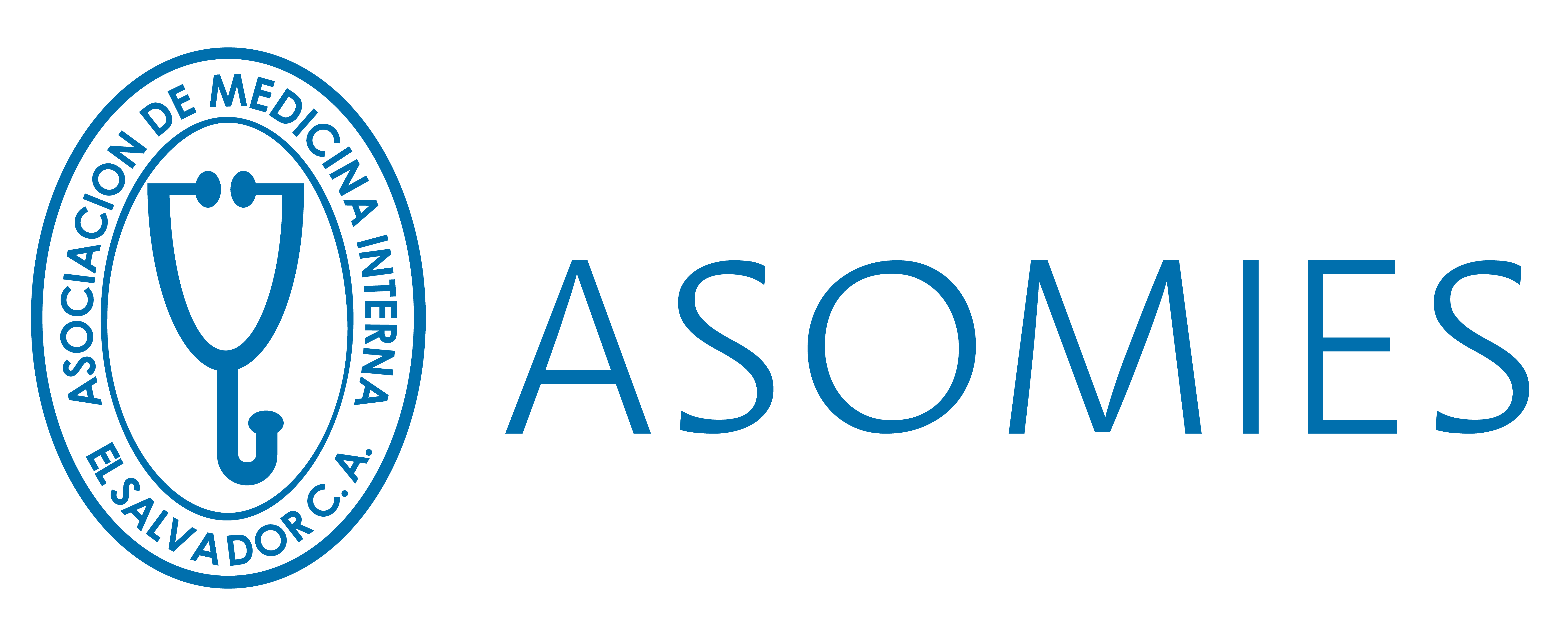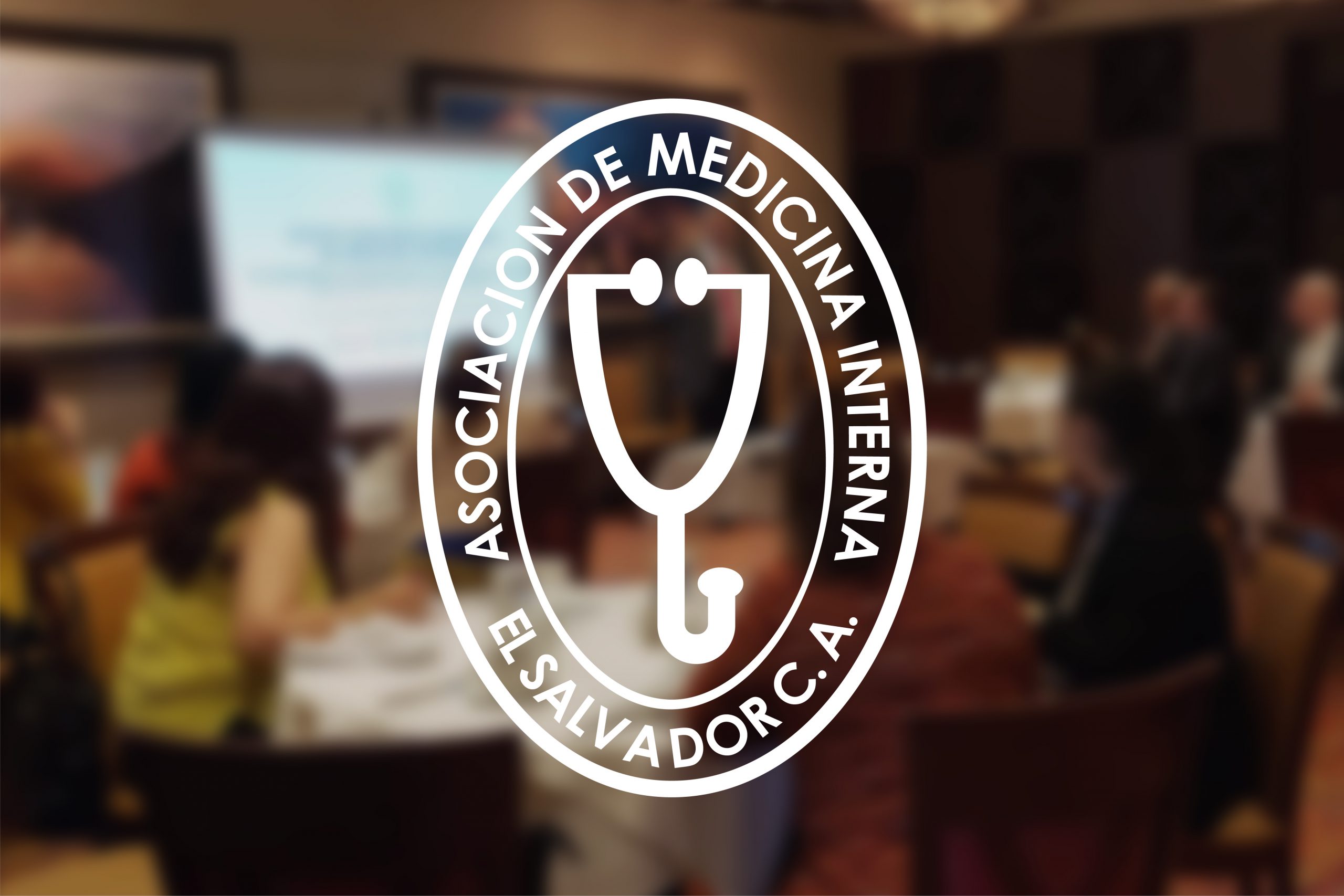
Endgames
Spot Diagnosis
Unilateral facial flushing precipitated by eating
Ella Daniels, Richard Watchorn
Correspondence to: E Daniels ella.daniels@nhs.net
A healthy 7 year old girl born by forceps delivery presented with a lifelong history of unilateral facial flushing precipitated by eating. What diagnosis correlates with these clinical findings?
Answer
Frey’s syndrome. This occurs after injury (during forceps delivery in this case) to auriculotemporal nerve fibres, which regenerate and erroneously stimulate the sweat glands or blood vessels instead of the parotid glands.
Discussion
Unilateral facial erythema or sweating after gustatory stimuli is consistent with a diagnosis of Frey’s syndrome.
Parasympathetic auriculotemporal nerve fibres provide secretomotor innervation to the parotid gland. However, in Frey’s syndrome, injury and aberrant regeneration of these nerve fibres results in stimulation of the sweat glands or blood vessels instead of the parotid gland. This leads to unilateral facial erythema and sweating after gustatory stimuli. Injury often occurs during facial surgery such as parotidectomy, but it can also be caused by other forms of trauma, infection, and parotid tumours. Perinatal birth trauma, as in this case, is a rare cause of Frey’s syndrome and sweating is rarely a feature in infants. The condition may be misdiagnosed as contact dermatitis or food allergy, but these can be excluded by the normal skin texture and typical unilateral distribution on the pre-auricular area and cheek. The diagnosis is made on clinical grounds, and further testing is not needed. Patients can be reassured of the benign nature of the condition and that symptoms usually resolve spontaneously in children. The nerve damage is permanent in patients with Frey’s syndrome as a result of surgery, and they may require treatment with botulinum toxin.
Parental consent obtained.
Copyright © 2016 BMJ Publishing Group Ltd
The above message comes from BMJ, who is solely responsible for its content.
You have received this email because you requested follow-up information to an Epocrates DocAlert® Message. For more information about Epocrates, please click here.
For questions, feedback, or suggestions regarding Epocrates DocAlert® messages, please contact the Medical Information Team at docalert@epocrates.com.




Publicado en Casos Clínicos, Casos Interesantes, Curso de Educación Continua |


